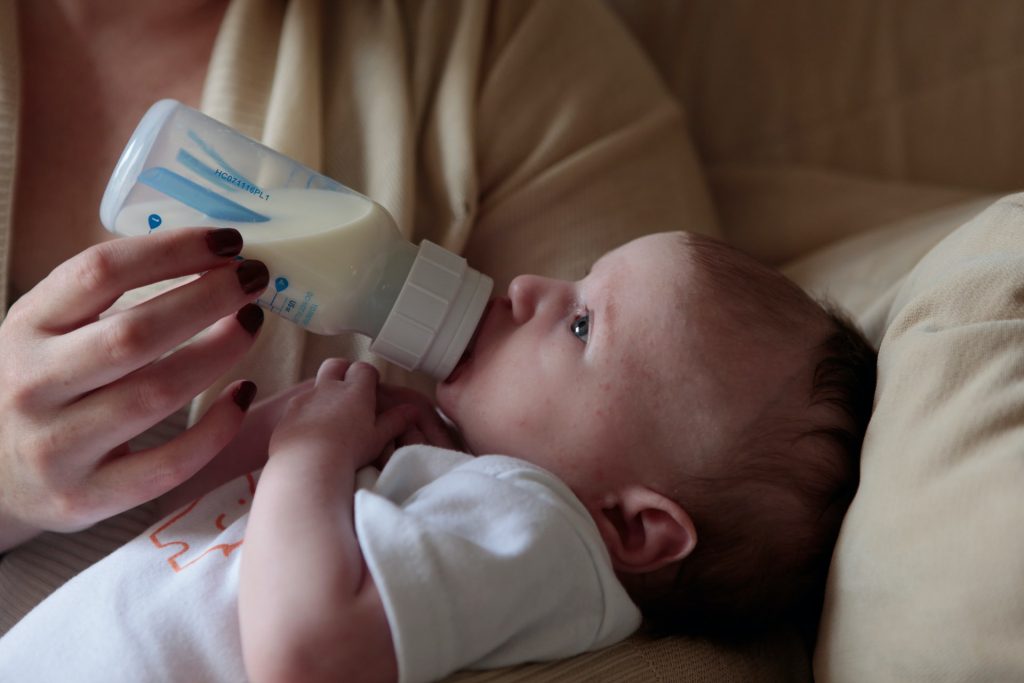Evidence for Widespread Overprescription of Specialised Infant Formula

New research published in Clinical and Experimental Allergy reveals that prescriptions of specialised infant formula have increased in recent years in England, Norway, and Australia, with rates over 10 times what would normally be expected for the number of children with milk allergies.
Increasing specialised formula use has been interpreted as evidence for milk allergy overdiagnosis, leading to the use of specialised formula for managing common infant symptoms. This is because there is little evidence in high-income countries for a change in milk allergy incidence to explain rises in specialised formula prescription. While specialised formula is reasonably well tolerated by most infants, and supports infant nutrition and growth, there are significant differences from standard cow’s milk-based infant formula or human breastmilk. In specialised formula products, the lactose found in breastmilk or cow’s milk is partially or completely replaced by alternative carbohydrate sources, often free sugars such as glucose or sucrose.
Soya milk alternatives were prevalent in the 1990s, but in the 2000s were displaced by amino-acid formulations after health concerns emerged over soya milk use in infants. Prescribed amounts of specialised formula for infants rose 2.8-fold in England from 2007–2018, with similar trends in other regions of the United Kingdom. Amounts rose 2.2-fold in Norway from 2009–2020 and 3.2-fold in Australia from 2001–2012.
In addition to added expense (specialised formula costs an average of US117 extra per birth in England), these findings are of particular concern due to their higher levels of sugar, which may promote tooth decay and obesity in young children.
“These data suggest high levels of milk allergy over-diagnosis and mark an important shift in early child nutrition,” the authors wrote.
Source: Wiley

